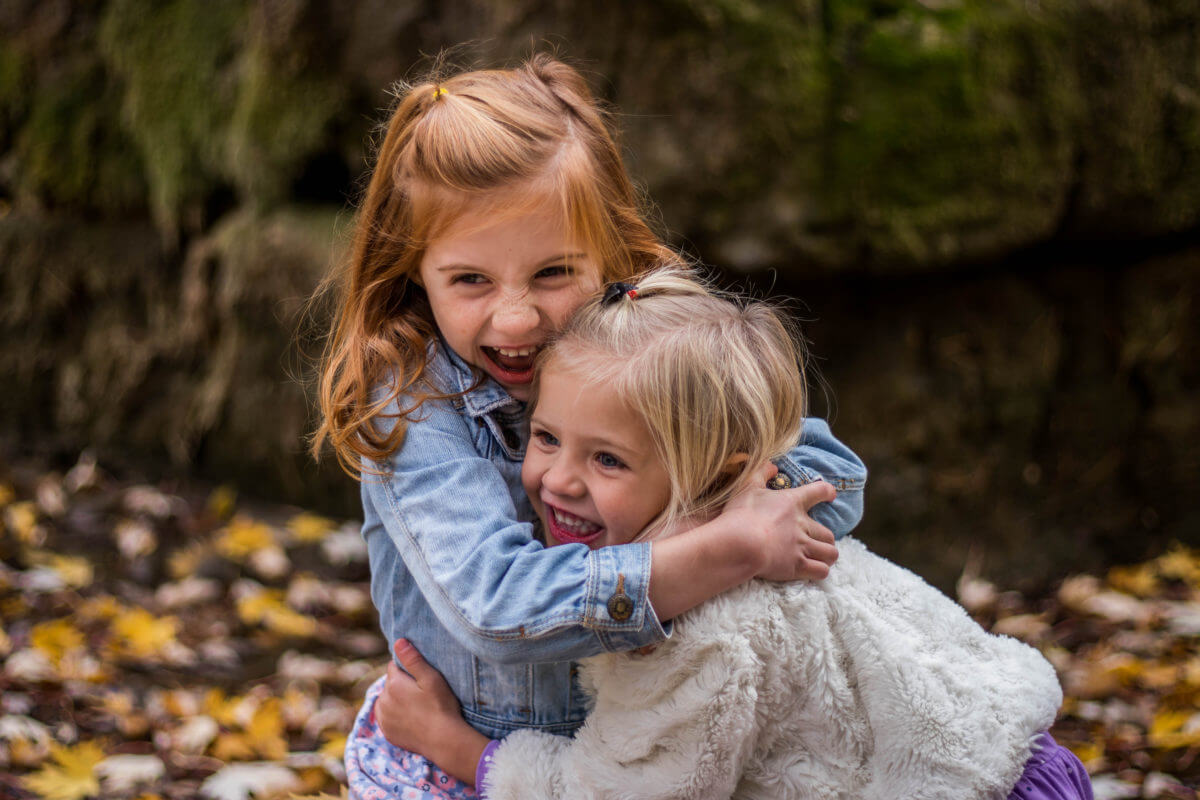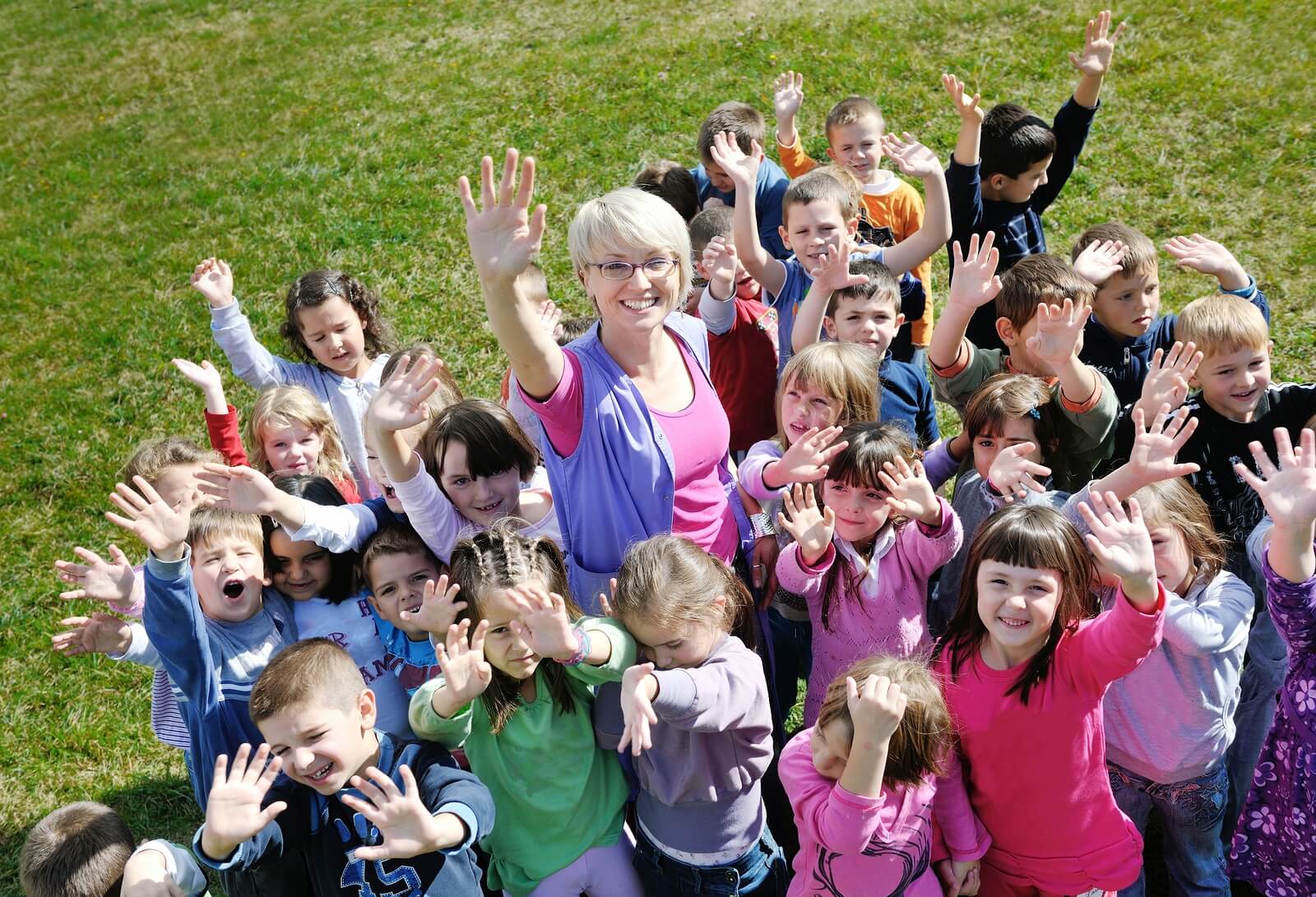Nature schools could soon be sprouting up around the country. The Wildlife Trusts have already established several of these schools with the hope of encouraging children to connect with nature, far away from the urban hustle and bustle and the restrictive classroom environment. In recent years, there has been much research pointing to the benefits of outdoor teaching and its positive impact on children’s learning and development.
One of these schools, the Elves and Fairies Woodland Nursery, has recently been hailed by Ofsted for its back-to-nature approach. The outdoor nursery meets in a remote forest in Dorset, and it has no running water or electricity. Children as young as two years of age spend their time at the nursery chopping wood, clambering over trees, playing in the mud and cooking their lunch on an open fire.
After witnessing the nurseries innovative learning methods, Ofsted inspectors rated the nursery ‘outstanding’. This came as a no surprise to the teachers at the nursery. The inspector who visited the school noted how natural learning was used as a tool to prepare the children to take up the challenges of life.
The pre-school group spend the whole day outside in the elements, and they’ve adapted the motto “there is no such thing as bad weather – only the wrong clothing”. During a thunderstorm, the children are directed towards the village hall for safety. The nursery was launched by Kirsteen Freer in 2007, but it only switched to being fully outdoors in the past six years.
In order to keep close watch over the children, five staff members are included in the team. They ensure full safety for a maximum of 12 children at a time. This healthy teacher to child ratio ensures that there is an individual focus on the youngsters.
The children love to participate in camping activities and sing campfire songs. They’re also able to hone their craft skills by constructing shelters and chopping vegetables for lunch under the watchful eyes of adults. These group activities help the children to develop a sense of cooperation and stewardship. Instead of academic learning, the focus is on helping young children to become more aware of their natural surroundings.
One of the most important aspects of the nursery is that it doesn’t prevent the children from experimenting in the natural environment. The children can roll around in the mud and get completely covered without making the teachers angry. It’s a wonderful experience that encourages the children to understand and respect the beauty of the natural world.
Nursery teachers use novel way of teaching basic mathematics to the children. Children use sticks to learn how to count and do basic fractions. As far as art is concerned, it is taught with the help of the barks and leaves of trees. During rainy days, the children can wear raincoats and splash in puddles with complete freedom.
Children also indulge in creative activities such as weaving and bread making. They’re encouraged to grow their own plants in the forest surroundings. Just like a camping holiday, the children learn a lot by spending time in close proximity to nature. The teachers at the nursery hope that the children will grow into responsible adults who appreciate the intricacies of the natural environment. Following Ofsted’s glowing review of the nursery, it’s possible that we could be seeing a lot more of these schools in the future.




